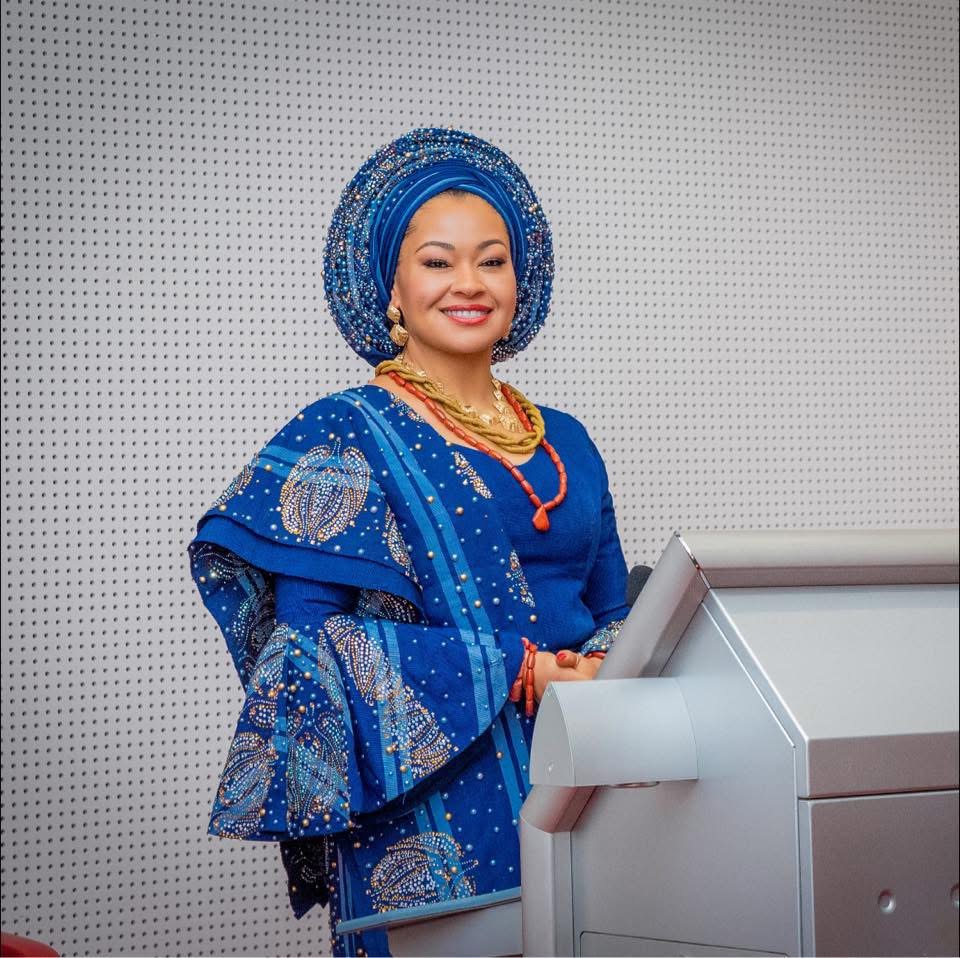
Senator Natasha Akpoti-Uduaghan, representing Kogi Central Senatorial District, has asked the Federal High Court in Abuja to dismiss the six-count criminal charge filed against her by the Nigerian government, describing it as a politically motivated witch-hunt aimed at protecting Senate President Godswill Akpabio and former Kogi State Governor Yahaya Bello from public scrutiny.
In a motion filed through her legal team, Senator Akpoti-Uduaghan accused the Attorney-General of the Federation (AGF) of abusing his prosecutorial powers and acting outside the constitutional boundaries set by Section 174(3) of the 1999 Constitution, which mandates that prosecutions must serve the public interest, the interest of justice, and prevent abuse of legal process.
“The charges before this Honourable Court were not instituted in public interest, but to shield the private and political interests of Senator Akpabio and Yahaya Bello,” Akpoti-Uduaghan stated in her motion.
She argued that the entire process represents “a gross abuse of legal authority” and that the charges “serve no public purpose but only seek to silence a dissenting voice exposing corruption and impunity at the highest levels of government.”
The six-count charge, filed on May 22, 2025, accuses the Senator of making defamatory statements against Akpabio and Bello. But in her supporting affidavit, Akpoti-Uduaghan clarified that her remarks were made in reference to both men “in their personal capacities” and not as public officials, insisting that the matter was a product of “political rivalry and personal vendetta.”
“The charges contained in the information before this Honourable Court violate the principles enshrined in Section 174(3) of the Constitution and amount to an abuse of legal process. The Attorney-General of the Federation has acted beyond his powers, and the continuation of this charge would occasion a miscarriage of justice,” she declared.
The outspoken lawmaker also alleged that her statements were based on verified investigative reports and eyewitness accounts linking Akpabio to violence, corruption, and political intimidation during his time as Governor of Akwa Ibom State.
In her filings, she attached multiple newspaper publications spanning over a decade — which she described as “public records that reveal the true nature of the person of the Senate President.”
Among the documents presented were:
- Concord Newspaper (Aug. 15, 2012): “Bizarre! Occultic Kingdom Exposes Akpabio, Writes President Jonathan: Why They Killed Barr. Effang’s Mum and Brother.”
- Concord Newspaper (Sept. 15, 2012): “Murders in Akwa Ibom; Families and NGOs Prepare Cases Against Akpabio.”
- Concord Newspaper (Dec. 21, 2011): “Exposed – Grace Anwana’s Death: Akpabio’s Connection. Akpabio is a Dictator, He Did Not Win the Election – Prof. Itse Sagay (SAN).”
- SaharaReporters (June 14, 2011): Dr. Ime Umana’s open letter titled “Why Does Dr. Godswill Akpabio Want to Kill Me?”
- Premium Times (Jan. 22, 2022): Interview with James Iniama — “How Akwa Ibom Became a Killing Field Under Akpabio.”
- Vanguard (Mar. 25, 2025): “Atiku Abubakar Accuses Akpabio of Corruption and Abuse of Women.”
- The Will (Nov. 11, 2013): “Ethnic Vengeance: Why Akpabio Tortures the Ibibios.”
The Senator argued that despite the grave nature of these allegations, neither Akpabio nor any state or federal security agency had ever initiated legal action to refute the claims, describing their silence as “a tacit admission of truth.”
“It is clear that the attempt to prosecute me is not driven by the need to protect the law or national interest, but to defend the reputation of individuals whose public records have long been stained by documented atrocities,” she said.
Senator Akpoti-Uduaghan further accused some relatives of the Senate President, particularly Pat Akpabio, of recent conduct that “reaffirms Akpabio’s violent and corrupt legacy,” saying those developments “further strengthen her claims.”
“These developments further verify and strengthen my claims that Senator Akpabio remains a man with a dangerous past and compromised moral standing,” she added.
The case, which is yet to be assigned for hearing, has drawn widespread attention from civil society groups and political observers, many of whom view it as a test of Nigeria’s commitment to free speech and the independence of the judiciary.